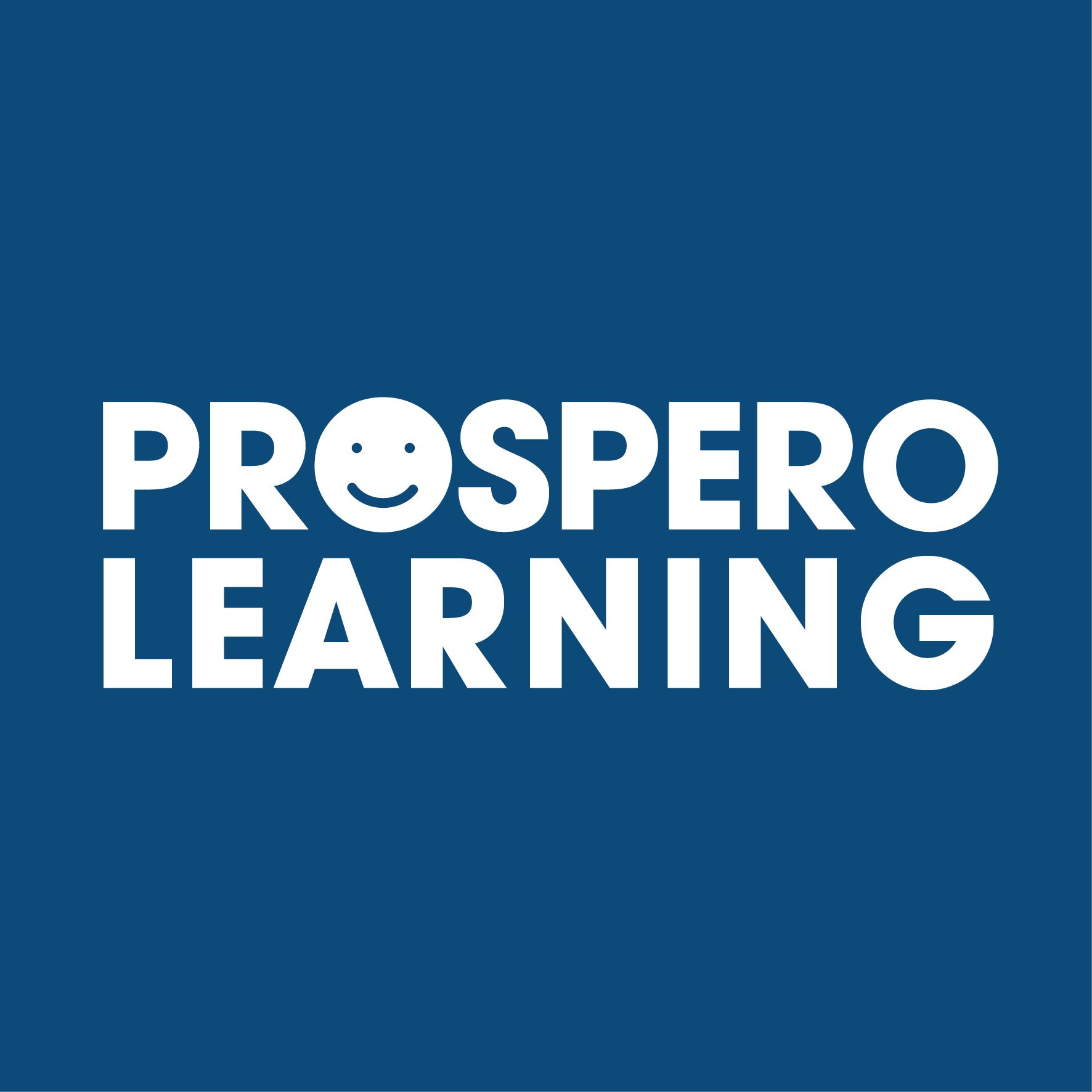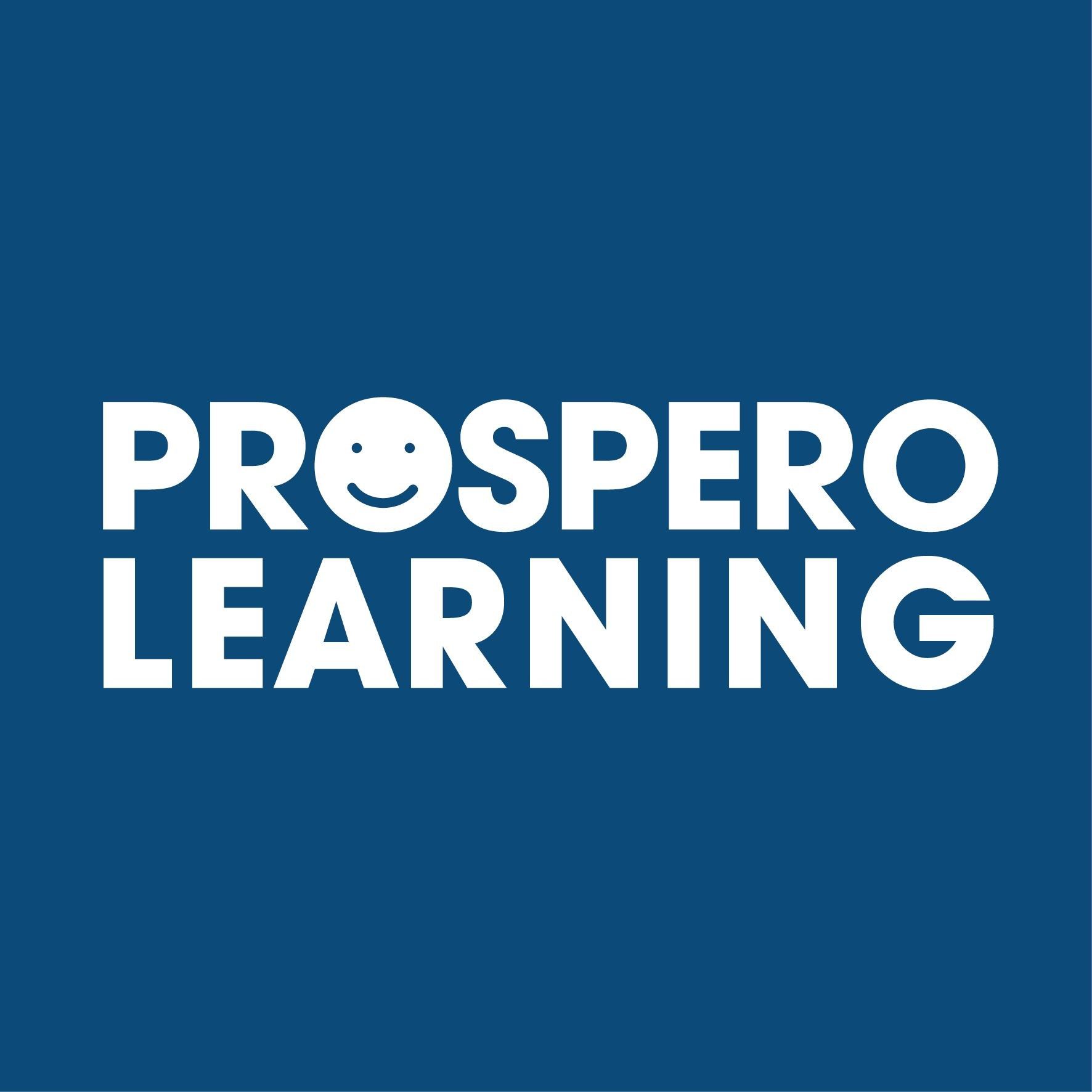The modern education environment can be broadly characterised by diverse classrooms, varied learning styles, and an increasing awareness of the importance of socio-emotional development.
With these factors in mind, all educators face the challenge of not only imparting knowledge but also nurturing the holistic growth, mental health and positive social intelligence of each student. Positive behavior management forms the bedrock of creating a space where students can thrive academically, emotionally, and socially.

At the heart of positive behavior management lies the establishment of positive relationships between educators and their students. Cultivating an atmosphere of trust and respect creates a foundation for effective communication and collaboration.
Educators can employ active listening, empathy, and open communication to connect with students on a personal level, fostering a sense of belonging within the classroom community.
Prevention is often more effective than intervention. Educators can proactively manage behavior by setting clear expectations, establishing routines, and creating a structured learning environment. By preemptively addressing potential challenges, educators can create a sense of predictability that contributes to a positive and focused classroom atmosphere.
Recognising and catering to the diverse needs of students is pivotal in positive behavior management. Adopting individualised approaches acknowledges that each student is unique, with varying strengths, challenges, and learning styles. By tailoring strategies to meet the specific needs of each student, educators can create an environment where everyone can thrive.

In the digital age, technology can be a powerful ally in positive behaviour management. From gamified online learning platforms to communication tools that facilitate collaboration, technology offers innovative ways to engage students and reinforce positive behaviours.
If available, students may prefer to learn using computers and iPads. This makes their learning more interactive and means students will not get bored, thus lessening disruptive behaviour.
Integrating technology thoughtfully into the curriculum can enhance the learning experience and contribute to a positive and interactive classroom environment.
Beyond academic achievements, modern education places a strong emphasis on social-emotional learning (SEL). Educators can integrate SEL into their curriculum to teach students essential life skills such as self-awareness, emotional regulation, and interpersonal communication. By incorporating SEL practices, educators contribute to the overall well-being of their students and lay the groundwork for positive behavior management.

Staying up-to-date with positive behavior strategies is essential for education professionals who are passionate about maintaining optimal learning environments for their students.
Online training is a convenient and accessible means of continuing professional development, and gaining insight into cutting-edge research, methodologies, and technology-driven tools.
Online courses for behaviour management empower educators to adapt and implement effective strategies, addressing the evolving needs of diverse classrooms and fostering inclusivity.
Investing in online training not only enhances educators' skill sets but also contributes significantly to student well-being, academic success, and the overall positive trajectory of modern education. Not forgetting career enhancement.
Prospero Learning offers both free behaviour management courses and premium courses that have an enrolment fee.
Free CPD accredited course:
Introduction to Behaviour Management
Premium CPD accredited course:
Positive Behaviour Management for Teachers
Premium CPD accredited course:
Positive Behaviour Management for Supply Teachers
Premium CPD accredited course:
Positive Behaviour Management for Teaching Assistants




